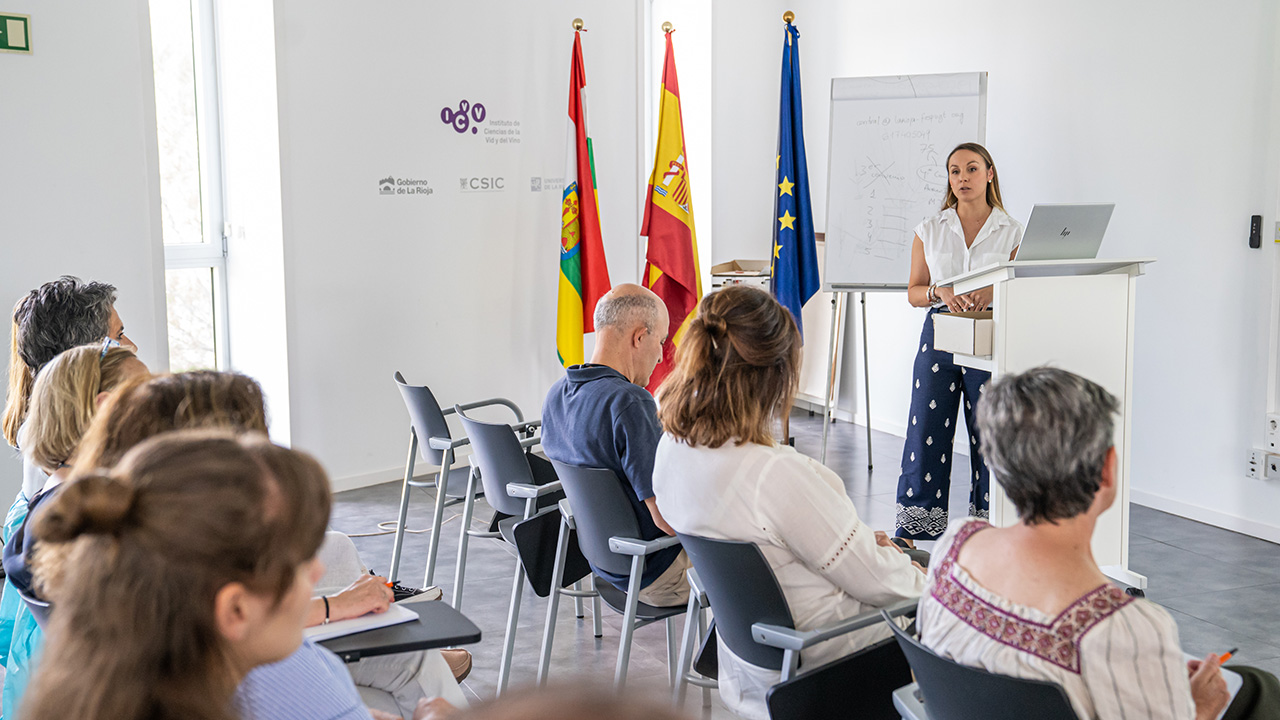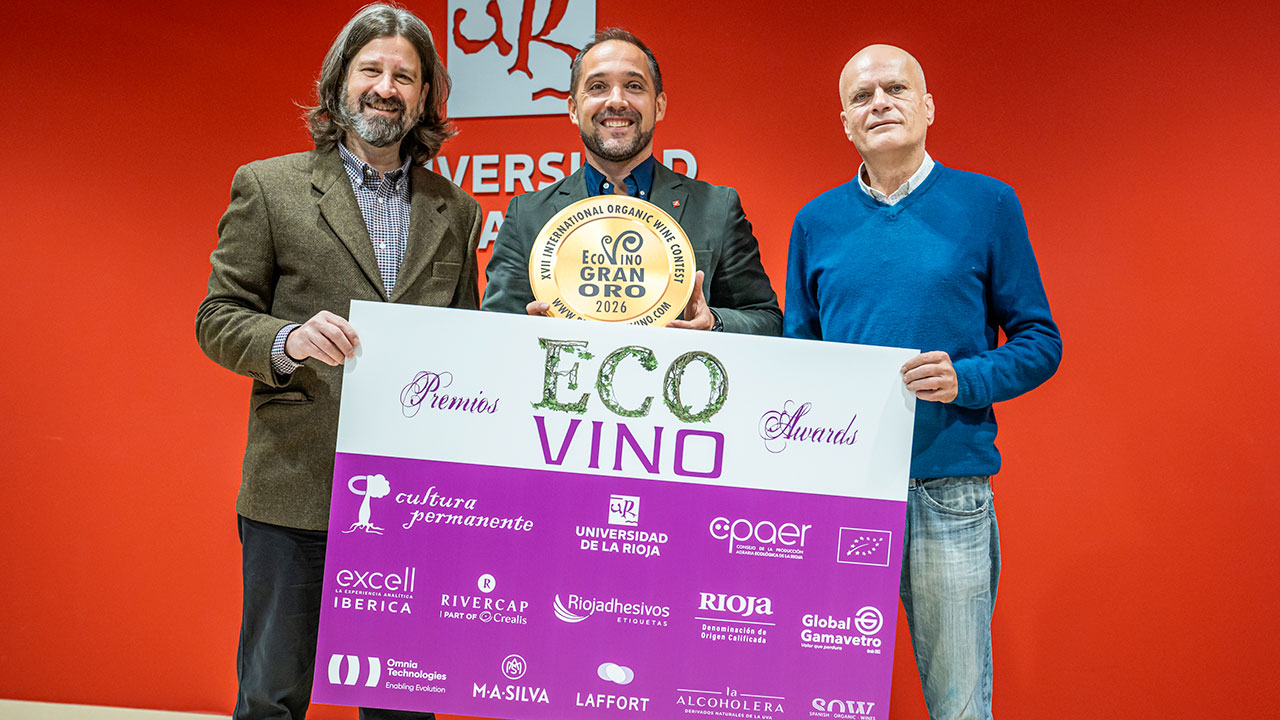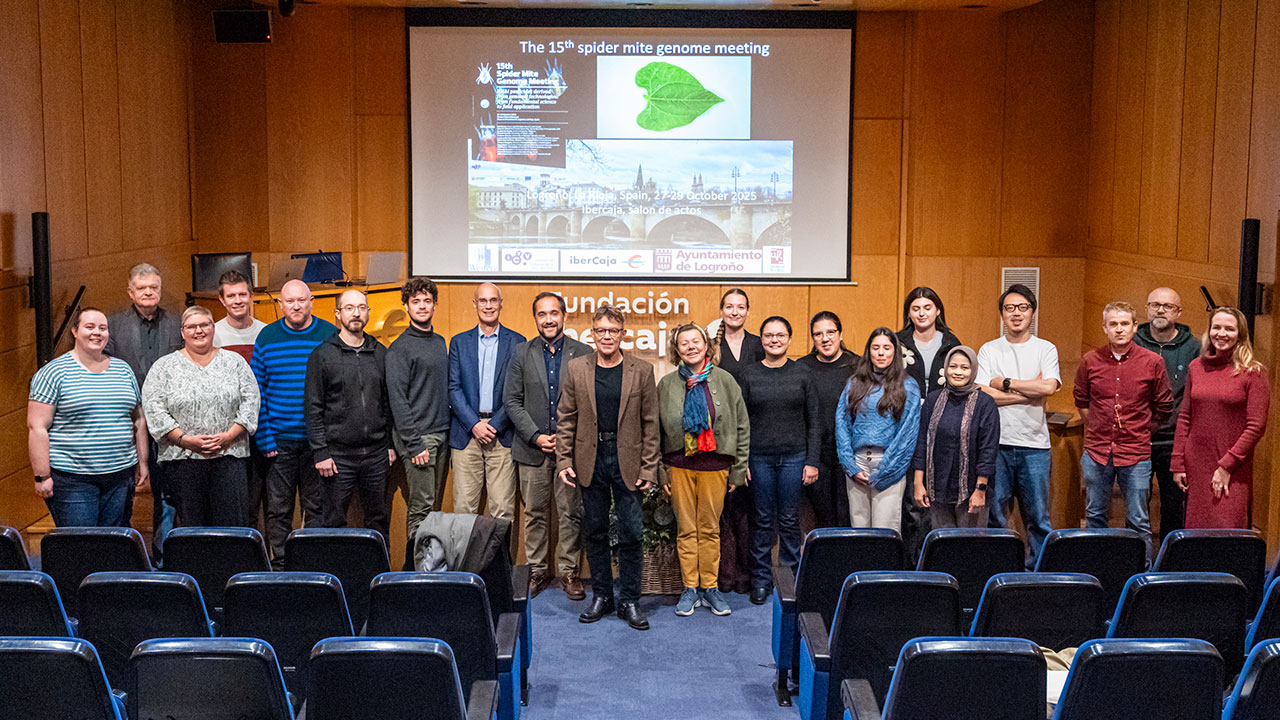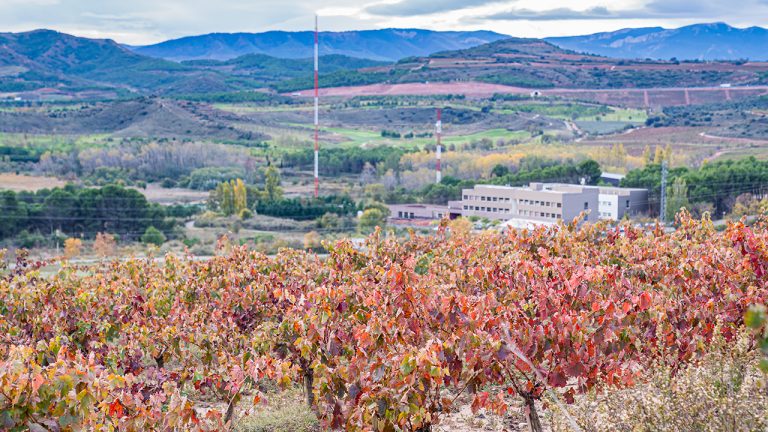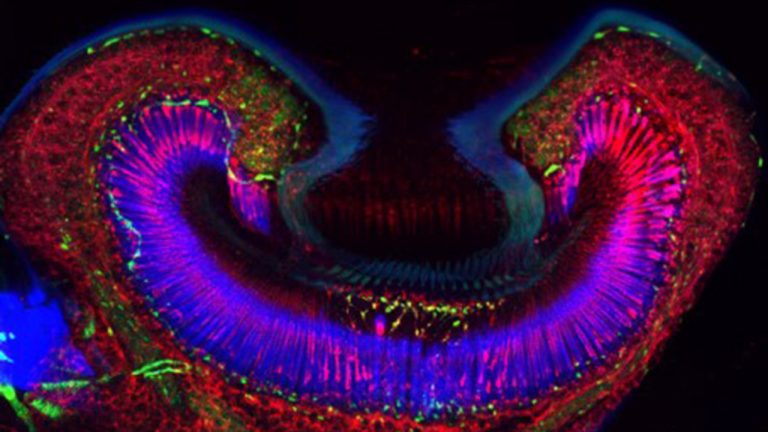Programa
11.30 horas
Non-saccharomyces yeast derivatives as bio-adjuvants in the winemaking process. Contributing to the understanding of red wine longevity
Dra. Paola Domizio
Department of Agricultural, Food, Environmental and Forestry
Science and Technology (DAGRI)
Universidad de Florencia, Italia
Dra. Angelita Gambuti
Department of Agricultural Sciences, Section of Vine and Wine
Sciences
Universidad de Nápoles ‘’Federico II’’, Italia
Paola Domizio is Associate Professor in Food Science and Technology at Department of Agricultural, Food, Environmental and Forestry Science and Technology (DAGRI) - University of Florence - Italy https://www.dagri.unifi.it/
In 1990, she got her Master degree in Agricultural Sciences -Faculty of Agriculture, University of Florence.
In 1994, she got the degree of Ph.D. in "Microbial Biotechnology".
She is coordinator of the Master's Degree in "Sustainable Innovation in Viticulture and Enology" - https://www.isve.unifi.it/
During her teaching and research activities, she spent several periods abroad (Biotechnology Research Institute (CNR) - Montreal (Canada); Department of Viticulture and Enology, University of California Davis)
Her research has mainly focused on:
- Purification and chemical characterization of glycoproteins released by yeasts during alcoholic fermentation and evaluation of their impact on the stability of fermented beverages.
- Evaluation of the impact of non-Saccharomyces yeast and their derivatives on wine quality and stability.
- Evaluation of yeast enzymatic activities and formation of secondary compounds and aromas in the winemaking processes.
- Evaluation of the chemical and physical parameters involved in the wine colloidal stability.
She has produced more than 70 scientific contributes, published in full reviewed journal with Impact Factor and in national and international journal relative to the oenological sector. Different contributes have been presented at national and international conferences.
Angelita Gambuti is a Full Professor of Food Science and Technology at the University of Naples Federico II. In 1995 she earned her master degree in Chemistry from the University of Naples Federico II and she specialized in Applied Biotechnology in 2000 at the same University. She is coordinator of the Viticulture and Enology bachelor degree and Enological Sciences Master of Science at the University of Naples and President of the Italian organization of Viticulture and Enology university courses. During her teaching and research activities she spent several periods abroad (University of University of California Davis (CA)-United States; National University of Cuyo, Mendoza, Argentina; University of Gulu-Uganda).
Her research has mainly focused on the characterization of grape and wine polyphenols and the study of their evolution over time. A specific expertise in studying factors (processing, aging, oxygen exposure) affecting chromatic characteristics, astringency and longevity of red wine has been gained. She published more than 80 scientific papers on wine chemistry and technology and also serves as assistant editor of Journal of the Science of Food and Agriculture.
Abstract 1
After a short introduction on the different types of yeast derivatives authorized by the Organization International de la Vigne et du vin (OIV), the seminar will focus on the biodiversity of different non-conventional yeast derivatives and the results obtained by using some of them during the winemaking process.
In particular, results on the impact of non-Saccharomyces yeast derivatives on wine protein stability will be shown.
Abstract 2
The seminar will focus on the results of controlled oxygen management experiments carried out on the farm (micro-oxygenation, nano-oxygenation and use of membrane contactors) and in the laboratory (forced oxidation) on red wines with different phenolic compositions. The studies were aimed at understanding the role of sulphur dioxide, anthocyanins, tannins and pH in the evolution of wines in contact with moderate amounts of oxygen, with particular reference to the production and consumption of acetaldehyde.
Para quién
Público en general.
Entrada libre hasta completar aforo.
Organiza
Instituto de Ciencias de la Vid y el Vino (ICVV)
Universidad de La Rioja
Agencia Estatal CSIC
Gobierno de La Rioja
Etiquetas
Categorías
Noticias relacionadas
Los Premios Ecovino alcanzan su decimoséptima edición
Expertos internacionales presentan la nueva generación de plaguicidas sostenibles basados en RNAi
Actividades relacionadas
